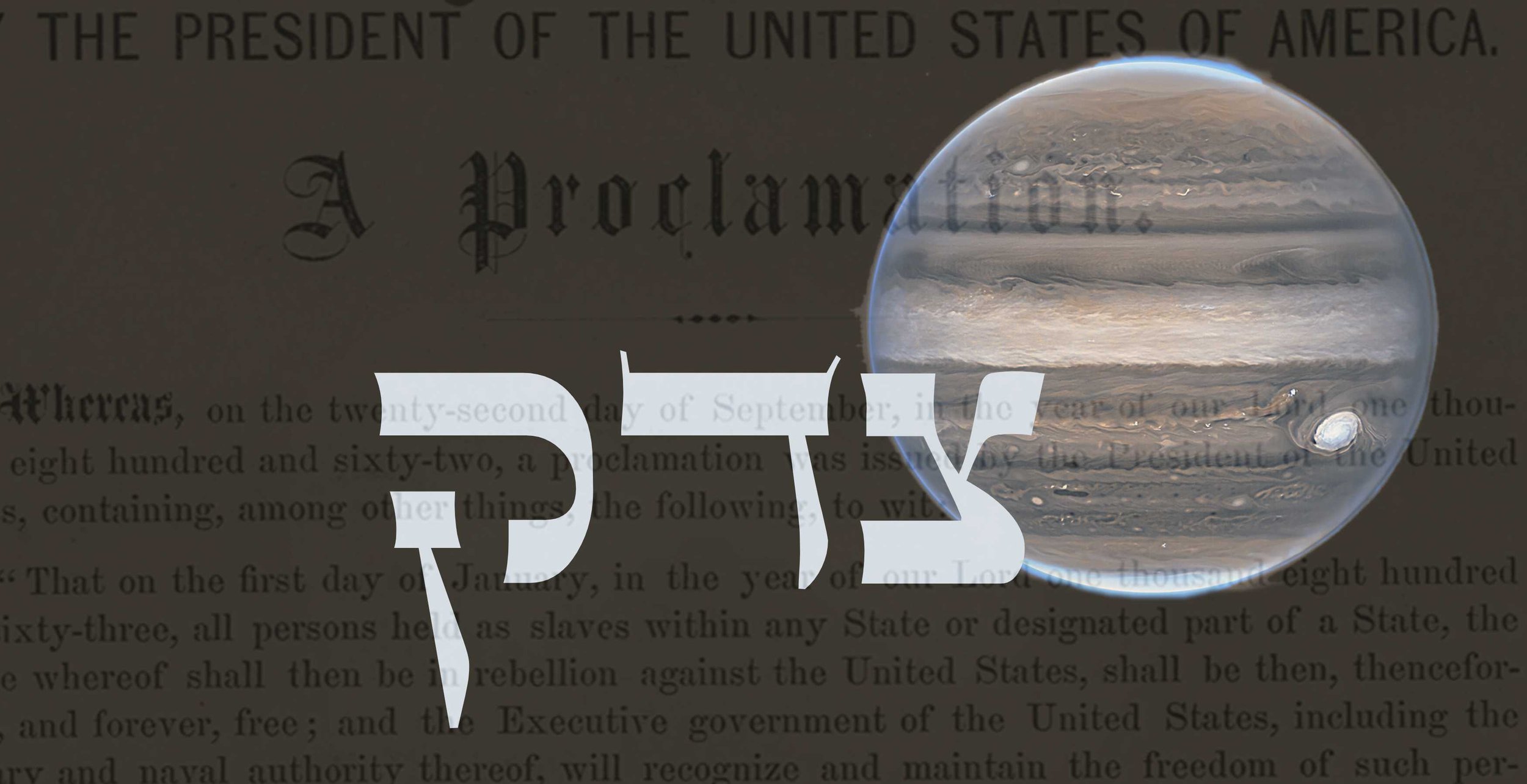Just as the memory of earthquakes is wired into our bodies, so the memory of earthquakes is wired into our mythologies. Our ancestors understood earthquakes to be the very Earth trembling in God’s presence, as we ourselves certainly would. God is the physics of the earthquake and more than the physics. God is also in our pained experience of the catastrophe.
Read moreSong of Refuge
So we name this not only Shabbat Shirah, but Refugee Shabbat, to help us renew our compassion and empathy for the refugees who are right now lodging in tent cities and crossing great waters and wandering from place to place in search of home. We were refugees too. They are our story rewritten in the present tense.
Read moreFast with Me (What if the Egyptians Had?)
What if at some point they had refused to go along with it anymore? What if they had declared a general strike? If they had gathered at the palace in protest? If they had decreed a day of fasting and crying out to their gods or to ours? Would it have made a difference to Pharaoh? Even if it didn’t, mightn’t it have made a difference to us? Introducing Interfaith Public Fast of Sonoma County.
Read moreVayigash: Life Has Had Its Way
For me, looking back over this year, what stands out most is how many individual stories in our community reached their conclusions. Looking at them, suddenly, everything shifts. A story of individual trauma and triumph gives way to a larger story of life pouring through the details of circumstance. Every act, every turn of the story, is imbued with a greater knowingness. Seeds have borne fruit. Life has had its way.
Read moreIn the Light of Justice: Teshuvah and Reparations
There is an invitation for collective teshuvah in front of us at this moment of history, being proffered by too many modern-day prophets to count, and by too many to ignore, taking the form of the movement for reparations. This critical piece of teshuvah is an invitation for the collective to develop its moral conscience, to look at how old harms continue to live with us until they are addressed, to notice how we are implicated even in histories we didn’t actively participate in.
Read more



